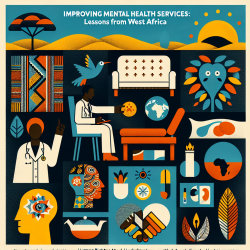As practitioners in the field of dysphagia management, it's crucial to stay updated with the latest research and best practices. The White Paper by the European Society for Swallowing Disorders (ESSD) provides valuable insights into the current state of screening and non-instrumental assessment for dysphagia in adults. By implementing these recommendations, you can significantly enhance your skills and improve patient outcomes.
Here are some key takeaways from the White Paper:
- Discontinue the Use of Non-Validated Tools: The paper emphasizes the importance of using validated screening tools with good diagnostic performance, reliability, and validity.
- Implement Optimal Screening: Use tools that have demonstrated optimal diagnostic performance in populations at risk of dysphagia, such as stroke patients, frail older persons, and those with progressive neurological diseases.
- Focus on Psychometric Properties: Ensure that the measures you use demonstrate robust psychometric properties and meet quality and feasibility criteria.
- Provide Quality Training: Invest in training all clinicians involved in the care and management of persons with dysphagia to ensure they are proficient in screening and assessment techniques.
The White Paper also highlights the need for further research in several areas, including the development of new measures using contemporary psychometric standards and methods, and reaching international consensus on crucial topics like the definition and measurement of dysphagia severity.
By incorporating these recommendations into your practice, you can enhance your ability to identify and manage dysphagia, ultimately leading to better patient care and outcomes.
To read the original research paper, please follow this link: White Paper by the European Society for Swallowing Disorders: Screening and Non-instrumental Assessment for Dysphagia in Adults.










